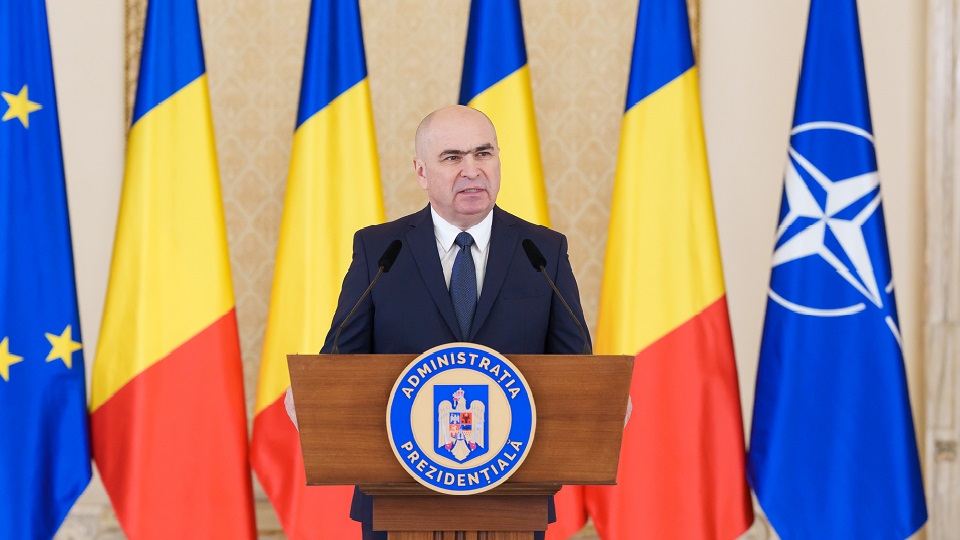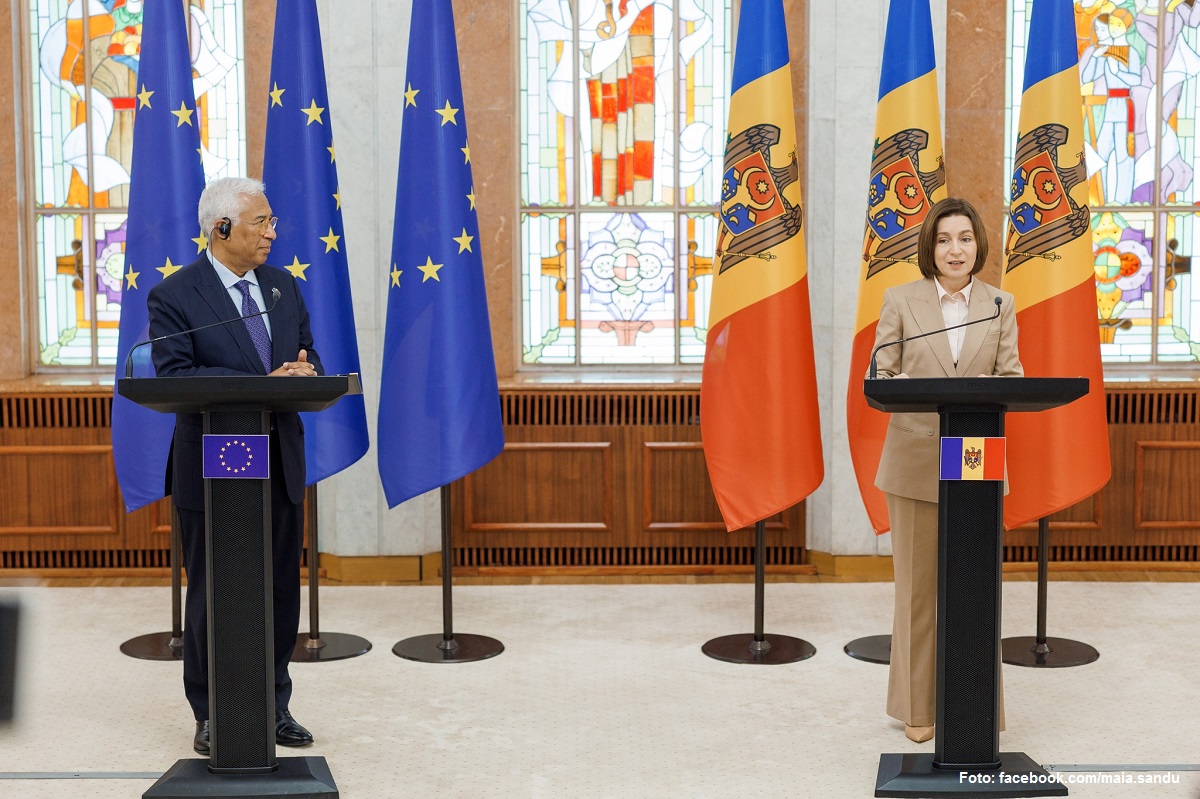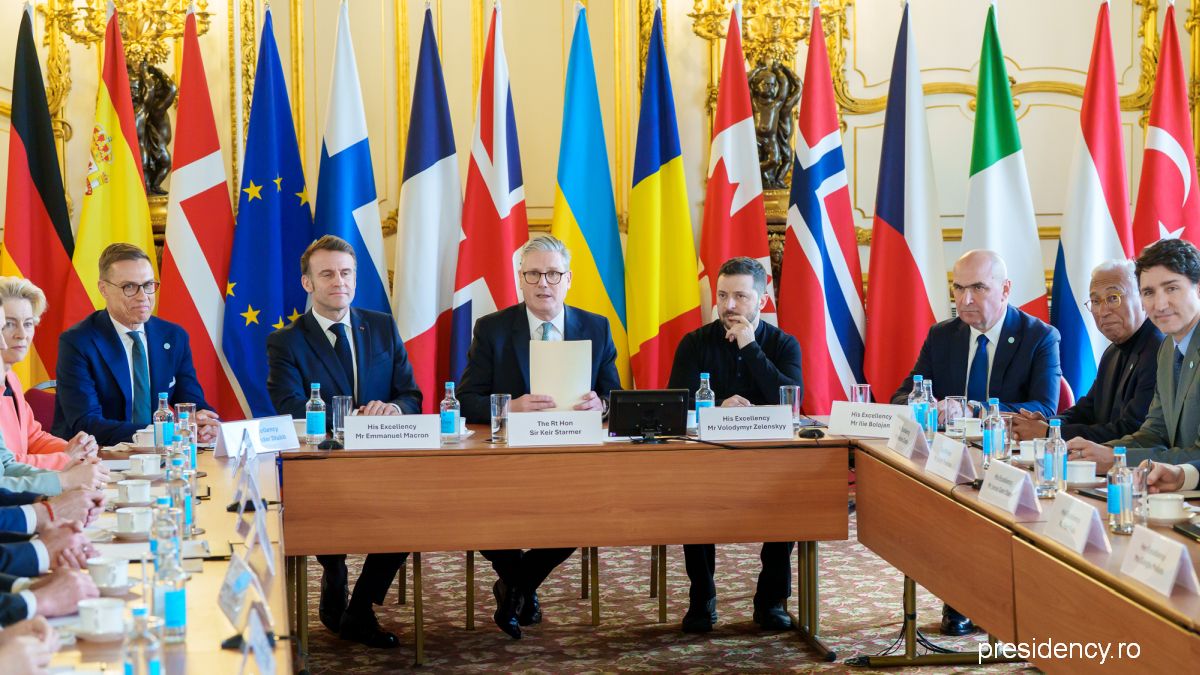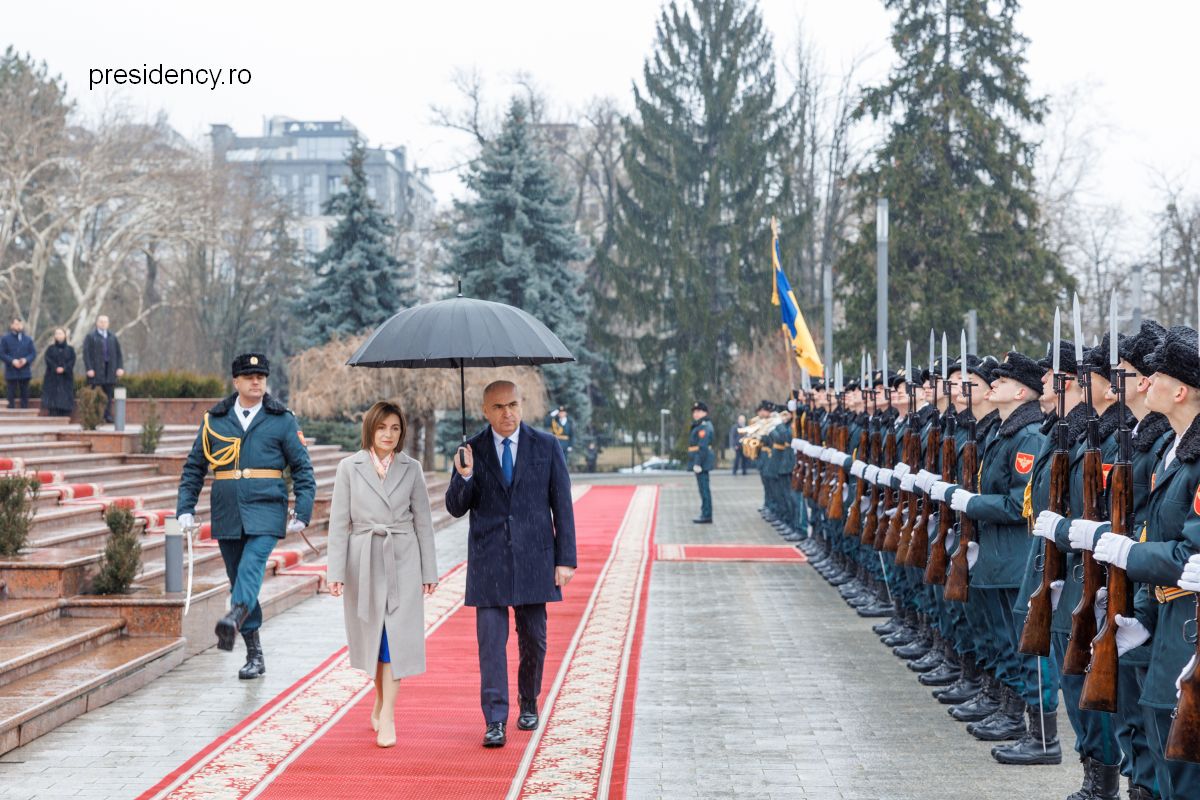Analyzing the Romanian Vote Abroad
The heated discussions on the presidential election for the Romanian diaspora and how they were organized are far from over.
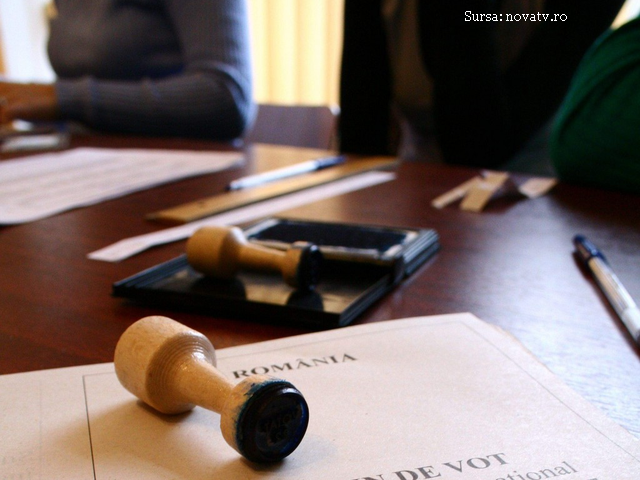
Florentin Căpitănescu, 26.11.2014, 14:22
The resounding failure of organizing the presidential election for Romanians abroad still hits the headlines in this country. More than three weeks away from the first round, which was held on November 2, and 10 days from the second, on November 16, politicians both in power and in the opposition are still running evaluations, taking measures, or, as the case may be, producing excuses and looking for people to blame. The scandal was of such a scope that it caused two foreign ministers to resign, Titus Corlatean after the first round, and Teodor Melescanu after the second, an investigation by the General Prosecutor’s Office, lively debates in Parliament, and the setting up of a special parliamentary committee to come up with proposals to amend the standing election legislation, believed to be obsolete.
The scandal was triggered by a bad management of polls abroad, which were dismally below capacity, violating the citizens’ fundamental constitutional right to vote. Many of the 380,000 Romanians who actually managed to stamp their ballots had to stand in huge lines for hours on end to do so. The images of the queues were reminiscent of many of the humiliations of the defunct communist regime.
Even so, those people were the lucky ones, ironically. Many of their co-nationals were not that lucky. If the authorities were not in a hurry to change the election legislation in the 25th hour, between the two rounds of voting, at least they are attempting to do so now. Starting Wednesday, the special parliamentary committee appointed to amend the election legislation started analyzing proposals. It will lay down the principles and priorities for each type of election — local, the national and European parliaments, as well as presidential.
Addressing Parliament on Tuesday, Prime Minister Victor Ponta said he regretted the fact that so many Romanians could not exercise their right to vote, and that this may have cost him the presidential election. He proposed measures to reform the legislation, such as absentee voting by mail or on-line, as well as the establishment of an apolitical institution mandated to handle everything involved in preparing the elections. The main party in the opposition, the National Liberal Party, whose candidate, Klaus Iohannis, actually won the presidential election, did not seem ready to let the matter go easily, however. The Liberals, speaking through MP Ludovic Orban, are clamoring for Prime Minister Ponta to resign, accusing him of obstructing the Romanians’ vote abroad through inaction.

